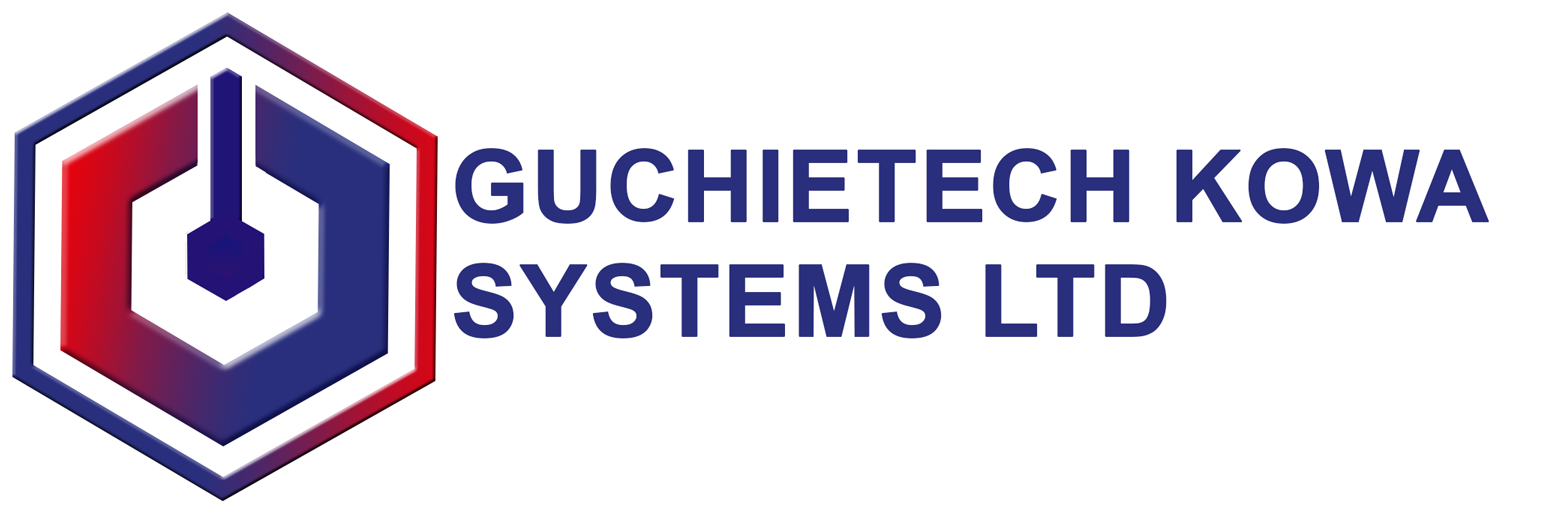Mastering the Art of System Design Interviews: A Comprehensive Guide
System design interviews have become a crucial step in the hiring process for many technology companies, demanding a unique set of skills beyond traditional coding challenges. Navigating these interviews requires a strategic approach, blending technical prowess with effective communication and problem-solving. Here’s a comprehensive guide on how to crack system design interviews and secure your dream job in the tech industry.
1. Understand the Basics:
Before delving into complex system design problems, ensure you have a solid understanding of fundamental concepts. Brush up on data structures, algorithms, and key system design principles. Familiarize yourself with scalability, availability, consistency, and trade-offs.
2. Practice Regularly:
Practice is the cornerstone of success in system design interviews. Utilize online platforms like LeetCode, HackerRank, or Grokking the System Design Interview to tackle a variety of problems. Aim for diversity in your practice, covering different scenarios and system architectures.
3. Learn from Real-World Systems:
Study existing systems and architectures to gain insights into real-world scenarios. Understand how popular platforms like Facebook, Google, or Twitter handle scalability, data storage, and distribution. This knowledge will enrich your understanding of practical system design challenges.
4. Focus on Key Components:
System design interviews often revolve around specific components like databases, load balancers, or caching mechanisms. Deepen your knowledge of these components and their roles in building scalable and efficient systems.
5. Develop a Structured Approach:
When faced with a system design question, take a structured approach to problem-solving. Clearly define the requirements, identify major components, discuss potential bottlenecks, and consider trade-offs. Structuring your response showcases your ability to think systematically.
6. Communicate Effectively:
In addition to technical prowess, effective communication is crucial in system design interviews. Clearly articulate your thought process, explain your design choices, and be open to feedback. Practice expressing complex ideas in a concise and understandable manner.
7. Consider Trade-Offs:
System design often involves making trade-offs between various factors such as consistency, availability, and partition tolerance (CAP theorem). Be prepared to discuss these trade-offs and justify your decisions based on the specific requirements of the system.
8. Stay Updated on Industry Trends:
The tech industry evolves rapidly, and interviewers may seek candidates with knowledge of the latest trends and technologies. Stay updated on industry developments, emerging tools, and best practices in system design.
9. Mock Interviews:
Simulate the interview environment by participating in mock interviews with peers or mentors. This not only helps you practice articulating your ideas under pressure but also provides valuable feedback for improvement.
10. Learn from Feedback:
After each practice session or real interview, seek feedback on your performance. Use constructive criticism to identify areas for improvement and refine your approach in subsequent sessions.
By combining technical proficiency with effective communication and a structured problem-solving approach, you can position yourself for success in system design interviews. Remember, it’s not just about solving problems but demonstrating the ability to architect scalable and efficient systems that meet real-world requirements

